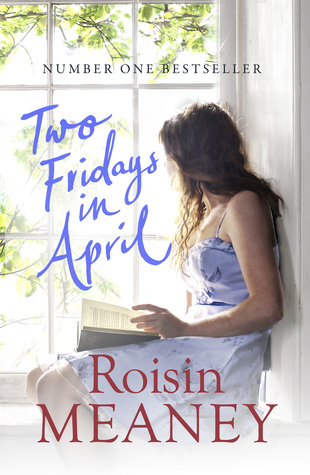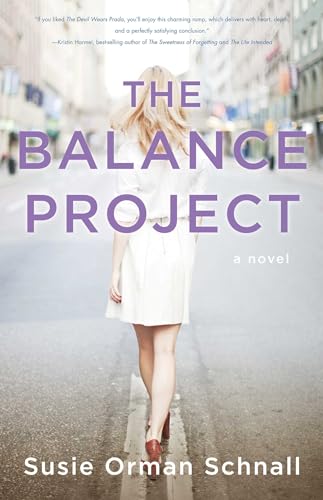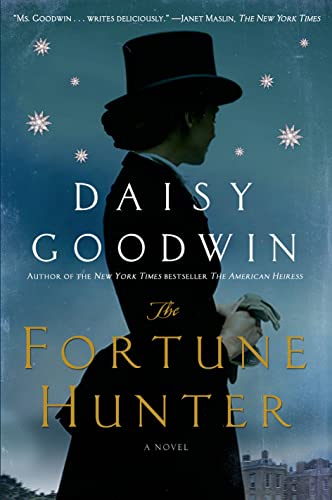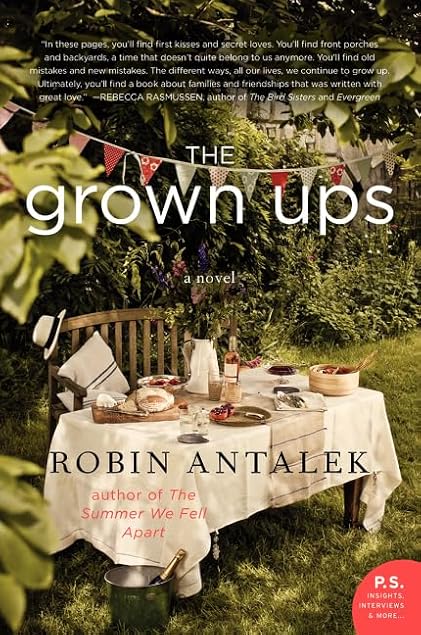 I just spent the past week in London. I'll let that sink in for a minute (especially since it's still sinking in for me).
I just spent the past week in London. I'll let that sink in for a minute (especially since it's still sinking in for me).
So yeah. London. The trip was a tenth anniversary present from my husband. It was also a fifteenth anniversary present. And yes, it was a twentieth anniversary trip too. But we finally managed to take it (and even over our 20th anniversary to boot). And it was really, really good. We walked all over the place, saw tons (and missed tons more), and had a generally good time. On the bad side, I got terrible blisters (par for the course), we ate at too many pubs (burgers should *never* be cooked all the way to the grey and depressing stage), and apparently no wait staff in London is too concerned with ever refilling a glass of water. But in the grand scheme of things, those are completely minor and I'd love to go back and see all the things we missed. Since the trip was so long in coming, my husband was generally amenable to whatever I wanted to do and only winced a few times as I hit three bookstores in the course of the week. He cheerfully went along with the open top bus tour where I was the only person on the whole bus to know that Ian Fleming also wrote Chitty Chitty Bang Bang in addition to his James Bond books. Hubbers anteed up for a behind the scenes tour of the British Library, which probably interested him not at all. He came along uncomplainingly on the couple of London Walks tours I picked (and really enjoyed the Hidden Pubs of London tour I chose for his benefit but which had enough history and literary references to keep me entertained between stops for beer and ale).
 He even chose to ensconce himself in the fifth floor bar at the five story Waterstones on Picadilly rather than huffing and chivvying me along in my shopping there. It was only marginally alarming to him that I made friends with two of the lovely booksellers who made it their mission to find me good reads to take home with me. In fact, I walked the store with those two charming men for almost two hours and I only got a text from D. once. All it asked was whether I was almost done or if he should order another one. And trust me, the man knows how expensive it is to let me wander unattended (or worse yet, with my own personal shoppers) in a cloud of bliss at a bookstore for any length of time whatsoever. Suffice it to say my entire carry-on (which I promptly checked because it was heavy) was filled with books coming home. As for the carry-on I did carry, well, it was pretty heavily loaded with books too. ::grin::
He even chose to ensconce himself in the fifth floor bar at the five story Waterstones on Picadilly rather than huffing and chivvying me along in my shopping there. It was only marginally alarming to him that I made friends with two of the lovely booksellers who made it their mission to find me good reads to take home with me. In fact, I walked the store with those two charming men for almost two hours and I only got a text from D. once. All it asked was whether I was almost done or if he should order another one. And trust me, the man knows how expensive it is to let me wander unattended (or worse yet, with my own personal shoppers) in a cloud of bliss at a bookstore for any length of time whatsoever. Suffice it to say my entire carry-on (which I promptly checked because it was heavy) was filled with books coming home. As for the carry-on I did carry, well, it was pretty heavily loaded with books too. ::grin::
With all of the sightseeing and shopping, you'd be correct if you think I didn't get much reading done while I was gone. I tried to sleep on the plane over to forestall jetlag but I did do a fair bit of reading on the way home. After almost 9 hours in the air, 15 minutes waiting to be let off the plane because customs was too full to let us off immediately, an appallingly long time standing in customs itself (they've automated parts that make the whole process even less efficient than it used to be--oh joy, oh rapture), and then a good 30 minutes waiting for our personal taxi driver (aka one of our teenagers) to actually find the airport and collect us, I arrived home to a towering stack of mail spread across the counter, dirty dishes stacked in the sink--because the dishwasher right next to the sink requires a person to actually open it--, and a mound of dirty laundry piled on top of the washer--because apparently putting things in it was too much effort. The kids were marginally glad to see us although I think they're sorry their current diet of cereal and pizza is going to have to change. But the dog, well, she made it all worthwhile coming home, at least until she peed all over the floor in her excitement. ::sigh:: Gee whiz, welcome home!
Although I didn't read as much as I intended (four of the ten books I took came back unopened), I did get some quality reading time in on a few days and that last 9 hour flight would have provided even more reading time had I thought to pull a third book out of my carry-on when we boarded (middle seat, don't 'cha know). Instead, once I finished book number two, I was reduced to watching the movie Mr. Turner, which was egregiously terrible. Although Timothy Spall does have quite a range of truffling pig grunts and snorts in his acting repertoire. I'm going to be bitter about having wasted all that good reading time on that movie for quite some time. But enough about the movie, my reading travels this week took me to wine making country in California with a woman who finds out first that her fiancé and then all of her family members all seem to be harboring secrets that she isn't sure she can endure, to the apocalyptic future after a waterless flood has wiped out most of humanity, to France where an elderly man and his friend set out on a journey to trace the Tour de France, to Milwaukee where a formerly Orthodox Jewish woman is coming to terms with her past and her mother, and to an island off the coast of Maine where two best friends must work through something that could destroy them. Where did your reading take you this past week?



 Thanks to the publisher and BookSparks PR for sending me a copy of the book for review.
Thanks to the publisher and BookSparks PR for sending me a copy of the book for review.





 This meme is hosted by Sheila at
This meme is hosted by Sheila at  Even a few days short of a full week (long explanation that no one cares to hear), I was a very spoiled girl as you can see below. This past week's mailbox arrivals:
Even a few days short of a full week (long explanation that no one cares to hear), I was a very spoiled girl as you can see below. This past week's mailbox arrivals:





























